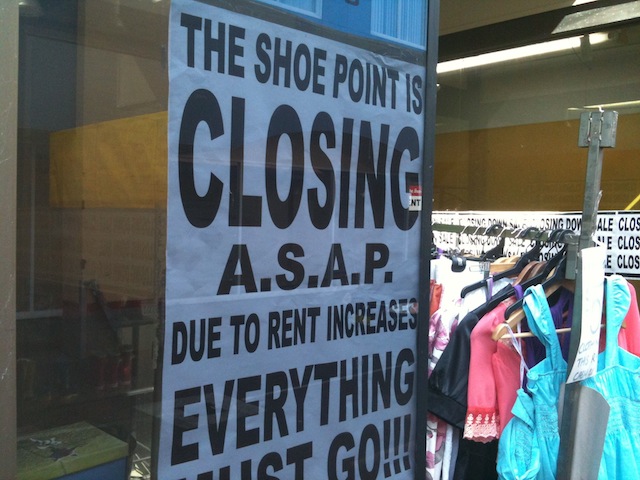The 2013 MGI Australian Family and Private Business Survey is a disturbing document describing a sector that’s aging, pessimistic and struggling with change. It bodes poorly for what should be the powerhouse of the nation’s economy.
Having been conducted over nineteen years, the MGI survey is a very good snapshot of how the sector has evolved over the last two decades and it’s notable how owners are older and not optimistic about their prospects of selling their businesses.
Another key aspect is the changed focus of Australian family businesses; in 2003 forty percent were in manufacturing, this year its half that which probably tracks the decline of the nation’s manufacturing industries.
Most striking though is the aging of the small business community with one in three proprietors being in the 60 to 69 year old bracket, up from one in five just 3 years ago.
 That the average age of Australian small business owners is increasing shouldn’t be surprising given the nation’s increasing obsession with property. As home prices become more expensive, it becomes more difficult for younger people to pay off their mortgages or risk their equity on building a business.
That the average age of Australian small business owners is increasing shouldn’t be surprising given the nation’s increasing obsession with property. As home prices become more expensive, it becomes more difficult for younger people to pay off their mortgages or risk their equity on building a business.
Probably the most heart breaking comment from the report is that over half of Australia’s small business owners don’t see an immediate prospect of retiring and nearly two thirds don’t see any chance of an early exit.
58% of family business owner-managers see themselves working in the business beyond 65 years of age, with 65% indicating that their businesses are NOT exit or succession ready.
Part of the reason most Australian family businesses aren’t succession ready is that Generation X and Y buyers crippled by big mortgages simply can’t afford to pay what the older Baby Boomer and Lucky Generation proprietors need to retire upon.
It’s hard not to think that the grand 1980s corporatist vision of Bob Hawke and Paul Keating – that most Australians will work for one of two big corporations while being members of one of two big trade unions – has largely come true.
For Australia though this is not a good thing as the wealth of those corporations, along with that of the nation’s households, is largely tied into the domestic property market.
A discussion on the Macrobusiness website about New Zealand’s property obsession has a graph which illustrates both the Kiwi and Australian economies’ dependence upon house prices.


Those financial assets in the second graph include the value of businesses, and that statistic staying largely flat while housing wealth has gone up fifty percent over the last fifteen years illustrates how dependent the Aussie economy has become upon property speculation.
Property speculation can be fun, particularly when you’re watching people bash down walls on the latest reality TV home improvement show, but it isn’t the basis for a strong economy.
That Australia’s small business sector is aging and increasingly shifting to low value adding service industries is something that should be discussed more as the nation considers what its global role will be in the 21st Century.

Leave a Reply